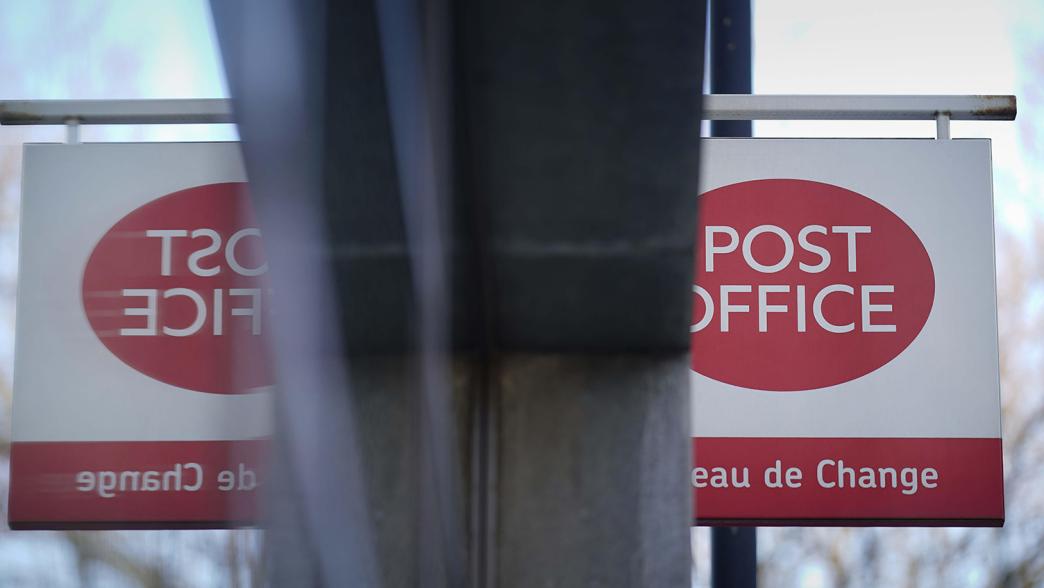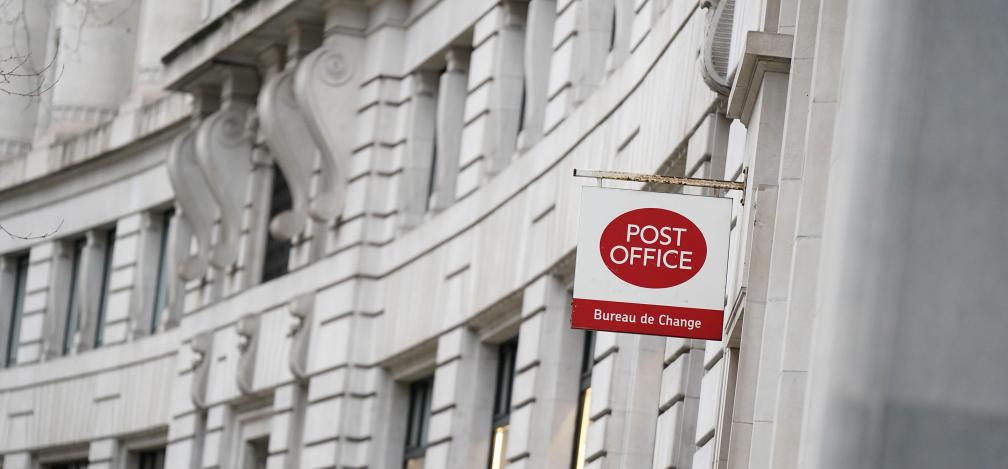The Post Office (Horizon System) Offences Bill
How will the government’s new Post Office (Horizon System) Offences Bill work?

The government published its Post Office (Horizon System) Offences Bill on 13 March 2024. What are the legal implications of the bill?
Why is the government bringing forward the bill?
The background is well known, not least from the ITV drama Mr Bates vs The Post Office: hundreds of Post Office employees were wrongly prosecuted and convicted on the basis of flawed evidence from the Horizon IT system. There has been huge public pressure to ensure that the convictions are overturned and redress is given to those affected. The bill is part of the government’s response.
Legislating to overturn convictions is controversial
On any view this legislation is unusual. Even the idea that parliament might legislate to quash criminal convictions is controversial. The bill is in part prompted by concerns about the numbers of cases affected and the time it would take for them to be dealt with by the normal court processes.
The usual route to overturn a criminal conviction is an appeal to a superior court. In addition, the Criminal Cases Review Commission (CCRC) has the function of reviewing disputed criminal convictions and referring appropriate cases to the Court of Appeal – including those where the convicted person pleaded guilty or has already appealed unsuccessfully. As at February 2024, the CCRC had referred 71 Horizon-related cases 21 ccrc.gov.uk/postofficecases/ : so far the Court of Appeal has quashed most (but not quite all) of the relevant convictions.
There were reports of “disquiet” on the part of some of the judiciary at the idea of parliament stepping into what is normally the role of the courts. Naturally, individual judges have not gone public – apart from the Lady Chief Justice, Baroness Carr, who told the House of Commons Justice Committee that the judiciary had not given “the green light” to legislation and that the courts would be able to cope. 22 committees.parliament.uk/oralevidence/14108/pdf/
The commentator David Allen Green has argued that primary legislation to reverse the judgments of the courts “will be wrong in principle … Parliament is not equipped to dispense criminal justice in individual cases”. 23 www.prospectmagazine.co.uk/ideas/law/64523/legislating-to-acquit-horizon-victims-may-be-unnecessary-and-wrong-in-principle He observes that “this problem could be solved easily by less drastic measures than the legislature determining the guilt or innocence of individuals” – for example, making the CCRC process “easier and less onerous”, the Post Office routinely supporting CCRC references, and removing the need to overturn a criminal conviction before compensation is paid.
The former Attorney General, Dominic Grieve, has too expressed anxiety that such legislation might “become a habit” (among other comments reported by the Financial Times). 24 www.ft.com/content/2a78edfa-a8ca-42b5-b07e-25f6bc1080f2?sharetype=blocked
Others however have argued that such legislation is constitutionally legitimate, precedented and justified as a matter of policy. It is, says Dr Robert Craig, “undoubtedly within [the High Court of] Parliament’s competence and completely appropriate” for it to “overturn decisions of lower courts”. 25 ukconstitutionallaw.org/2024/01/16/robert-craig-the-constitutional-implications-of-legislating-to-exonerate-the-post-office-sub-postmasters/ By legislating in this case parliament would be “redressing a legitimate grievance brought to its attention and definitively overturn a series of judgments [obtained] by a toxic, captured and wilfully blind corporate culture”.
For the former Supreme Court Justice, Lord (Jonathan) Sumption, “the idea that this extraordinary situation is going to be repeated in a way that would make it a tiresome precedent seems to me to be really very far-fetched."
The government itself, in the explanatory notes to the bill, describes it as “an unprecedented and wholly exceptional legal solution to a miscarriage of justice of unparalleled scale and impact” which “does not set any constitutional precedent”. 26 publications.parliament.uk/pa/bills/cbill/58-04/0181/en/230181en.pdf The minister, Kevin Hollinrake has accepted that “the legislation is undesirable, but we believe it is the least worst option” and “is likely to exonerate a number of people who were, in fact, guilty of a crime”.
Six lessons government should learn from the Post Office scandal
IfG experts set out how the failure of the Horizon IT programme and the subsequent fallout has raised plenty of questions for government.
Read the comment
What are the legal effects of the bill?
In any event, no-one (I think) disputes that parliament can enact such legislation if it chooses, and that as a matter of law it will be effective to overturn or eradicate those criminal convictions to which it applies.
Clause 1 provides that certain convictions for “relevant offences” are automatically quashed on the coming into force of the bill. In summary, this applies where the following conditions are met:
• The offence was committed between 23 September 1996 and 31 December 2018
• The offence was one of false accounting, fraud, handling stolen goods, money laundering, theft, or an ancillary offence
• The convicted person was engaged in a “post office business”
• They were alleged to have committed the offence in connection with (or for the purposes of) the post office business
• At the relevant time, the Horizon system was being used for the purposes of that business
• The offence was prosecuted by the Post Office or the Crown Prosecution Service
• The conviction has not previously been considered by the Court of Appeal (i.e. that court has not already rejected an appeal, or refused permission to appeal). [Those whose appeals have been successful have by definition already been cleared, so will not need to rely on the bill.]
The bill extends only to England and Wales. The government believes the Scottish Government and Northern Ireland Executive are best placed to legislate to overturn convictions in those jurisdictions.
Will the bill create sufficient legal certainty?
The bill seeks to define with clarity the categories of conviction which are to be overturned. It does not however name the individuals whose offences are overturned. When the government originally announced the terms of the proposed legislation, the legal commentator Joshua Rozenberg (Flaw in the ointment) criticised it as containing an “obvious and fundamental flaw. Although it will clear hundreds of people who were wrongly convicted, nobody will know who they are”. 28 rozenberg.substack.com/p/flaw-in-the-ointment
Clauses 4 and 5 seem designed to deal with that point.
Clause 4 requires the secretary of state to take all reasonable steps to identify those convictions quashed by the bill. The explanatory notes say that “such steps may include, but are not limited to, reviewing case data from the Police National Computer, court records, records held by Post Office Limited such as employment records, and CPS data”. In each such case the secretary of state must notify the convicting court, which must replace the record of conviction with a record that the conviction has been quashed by the bill. The secretary of state must also notify the convicted individual (or, if they have died, their personal representatives) that their conviction has been quashed.
Clause 5 makes similar provision for the deletion of police cautions.
It remains to be seen if there will be any particular cases where there is doubt or dispute about whether the bill applies – for example whether a particular offence was sufficiently closely related to the carrying on of a “post office business”, or where there is simply a gap or inconsistency in the information held. For the purposes of identifying those offences quashed by the bill (or determining which cautions should be deleted), the secretary of state must consider any representations, whether from the individual in question or anyone else (clauses 4(5) and 5(4)). That at least implies the possibility that there might be conflicting views about whether a given case is covered by the bill, and thus the possibility of legal challenge if the secretary of state’s conclusion is disputed.
What compensation is payable?
The bill does not itself provide for compensation. The government has separately established the Overturned Convictions Scheme. Under that scheme, a person wrongfully convicted as a result of Horizon evidence is eligible to claim compensation of £600,000, once their conviction has been overturned. Those whose convictions are quashed by the bill will thus become eligible for that payment. The “optional upfront offer of £600,000” is described as “a straightforward route to settlement. Alternatively people can submit a full claim” (presumably if they believe they are entitled to a higher payment).
What if compensation is paid to the guilty?
As the government has accepted, there is the possibility that some genuine convictions might be quashed by the bill, and thus that compensation might be paid to some people who were in truth guilty of a crime. To cater for that possibility, anyone receiving financial redress is to be required to sign a “legal statement” that they did not commit the offence for which they were originally convicted. If that statement is later found to be untrue, the individual will be at risk of further criminal proceedings (not for the original offence – for which they will have been exonerated by the bill – but for fraud in the making of the false statement), and civil proceedings (to recover the compensation paid).
The government will be desperate to avoid another scandal – of fraud on the compensation scheme.
- Keywords
- Public inquiries Outsourcing Civil servants Arm's-length bodies Accountability Public appointments
- Political party
- Conservative
- Administration
- Sunak government
- Legislature
- House of Commons
- Publisher
- Institute for Government